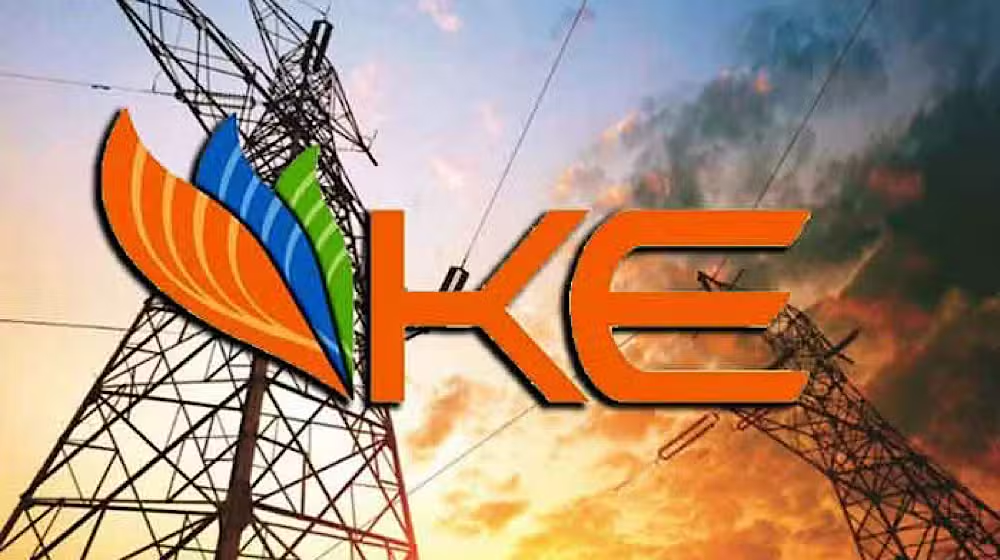Karachi’s industries have recorded increased power consumption following the government’s initiative to offer lower electricity rates during winter. K-Electric (KE) has reported a positive response to Prime Minister Shehbaz Sharif’s Winter Demand Initiative, which encouraged higher electricity usage from December 2024 to February 2025 through discounted rates on incremental consumption.
The incentive-driven package aimed to increase power demand during off-peak months, particularly benefiting industrial, residential, commercial, and general service customers.
Industries Lead the Way with Increased Power Consumption
The Prime Minister’s Bijli Sahulat Package played a crucial role in encouraging higher electricity usage, especially among industries in Karachi. KE reported that industrial consumers increased their power consumption by 6-7% over the course of the initiative, signaling growth in economic productivity and industrial activity.
KE’s commitment to Karachi’s industrial sector is evident as businesses responded positively to the government’s move. The increase in power usage indicates that lower tariffs can help sustain industrial growth and economic stability.
KE’s Support for Industrial Growth and Economic Stability
Imran Rana, KE’s Head of Communications, highlighted the initiative’s success, stating:
The Prime Minister’s Bijli Sahulat Package incentivized the usage of over 100 million units of electricity cumulatively in Karachi, allowing customers to reap the benefit of higher consumption during the off-season.
He further emphasized KE’s role in supporting industries:
KE supports industries’ growth, recognizing that economic stability is driven by a thriving industrial sector. This is a clear indication of the effectiveness of such targeted packages, and we encourage the continuation of initiatives that enable affordability while promoting energy efficiency.
How the Winter Demand Initiative Benefited Customers
The government introduced lower electricity rates for incremental usage across all customer categories, including:
Industrial Consumers: Increased power usage without excessive cost burdens.
Commercial & General Services: Businesses benefited from reduced rates during peak operational hours.
Residential Consumers: Households could use more electricity at affordable rates, especially during winter.
This initiative was a strategic move to counteract the impact of high electricity tariffs, which had previously led to reduced power consumption and economic slowdown.
Boosting Energy Demand Amid Economic Challenges
Pakistan has been grappling with rising energy costs and economic uncertainties. Higher electricity tariffs had resulted in lower power demand, affecting industries and businesses. By introducing this Winter Demand Package, the government encouraged power consumption, ensuring that industries could operate efficiently without facing excessive electricity costs.
KE’s positive response and industrial consumers’ participation demonstrate the effectiveness of demand-driven incentives. If continued, such policies can:
Encourage economic growth by making electricity more affordable.
Improve industrial productivity through cost-effective power usage.
Ensure long-term energy efficiency by optimizing off-peak consumption.
The Future of Energy Consumption Incentives
With the success of the Winter Demand Initiative, the possibility of introducing similar incentive-driven policies in the future remains strong. KE and other power companies may work closely with the government to design more affordability-focused energy packages that support industrial growth and economic stability.
The response to this initiative signals a potential shift in how energy tariffs are structured, emphasizing the need for flexible and cost-effective power consumption strategies to support both businesses and households.
A Step Toward Economic Growth
The Prime Minister’s Bijli Sahulat Package has proven that lower energy tariffs on incremental usage can drive economic activity. With KE reporting higher industrial consumption and over 100 million units of additional electricity used in Karachi, this initiative stands as a model for future energy affordability programs.
If Pakistan continues to implement such incentive-based electricity pricing models, the country could achieve long-term energy efficiency, economic stability, and industrial growth, benefiting millions of consumers nationwide.



